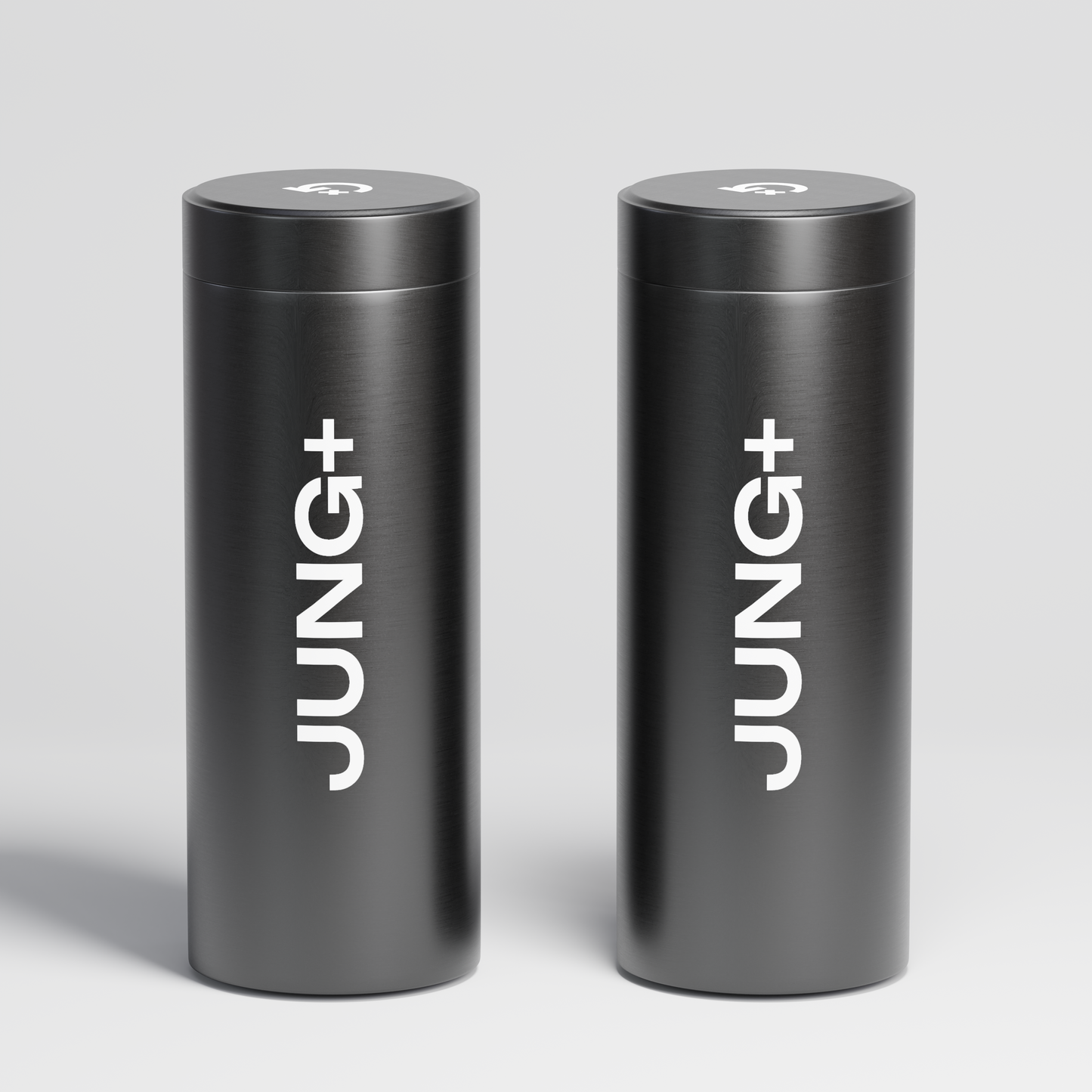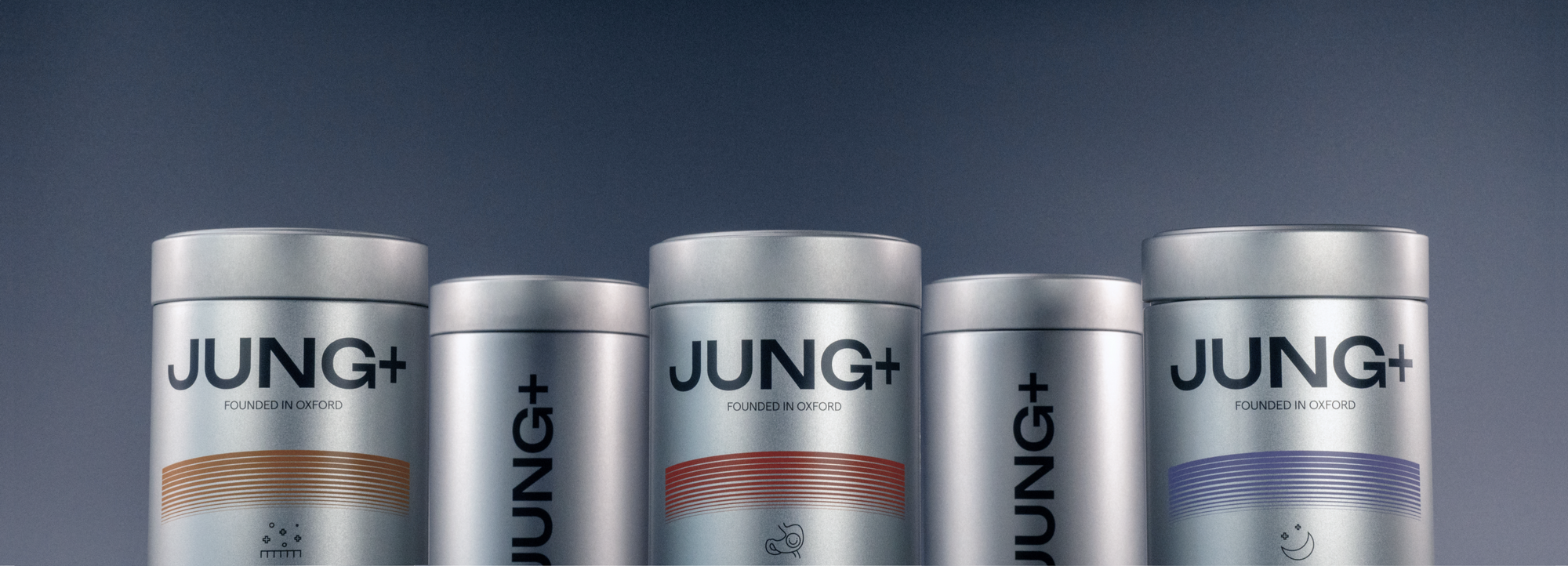"The beneficial health effects of the Mediterranean diet are primarily due to olive oil consumption, rich in polyphenols."
Dr. Dimitrios Trichopoulos, Professor of Cancer Prevention at Harvard University

FREE SHIPPING ON ALL SUBSCRIPTIONS!
FREE SHIPPING ON ALL SUBSCRIPTIONS!
FREE SHIPPING ON ALL SUBSCRIPTIONS!
FREE SHIPPING ON ALL SUBSCRIPTIONS!
FREE SHIPPING ON ALL SUBSCRIPTIONS!
FREE SHIPPING ON ALL SUBSCRIPTIONS!
FREE SHIPPING ON ALL SUBSCRIPTIONS!
FREE SHIPPING ON ALL SUBSCRIPTIONS!
FREE SHIPPING ON ALL SUBSCRIPTIONS!
FREE SHIPPING ON ALL SUBSCRIPTIONS!
FREE SHIPPING ON ALL SUBSCRIPTIONS!
FREE SHIPPING ON ALL SUBSCRIPTIONS!
FREE SHIPPING ON ALL SUBSCRIPTIONS!
FREE SHIPPING ON ALL SUBSCRIPTIONS!
FREE SHIPPING ON ALL SUBSCRIPTIONS!
FREE SHIPPING ON ALL SUBSCRIPTIONS!
FREE SHIPPING ON ALL SUBSCRIPTIONS!
FREE SHIPPING ON ALL SUBSCRIPTIONS!
FREE SHIPPING ON ALL SUBSCRIPTIONS!
FREE SHIPPING ON ALL SUBSCRIPTIONS!
FREE SHIPPING ON ALL SUBSCRIPTIONS!
FREE SHIPPING ON ALL SUBSCRIPTIONS!
FREE SHIPPING ON ALL SUBSCRIPTIONS!
FREE SHIPPING ON ALL SUBSCRIPTIONS!
FREE SHIPPING ON ALL SUBSCRIPTIONS!
FREE SHIPPING ON ALL SUBSCRIPTIONS!
FREE SHIPPING ON ALL SUBSCRIPTIONS!
FREE SHIPPING ON ALL SUBSCRIPTIONS!
FREE SHIPPING ON ALL SUBSCRIPTIONS!
FREE SHIPPING ON ALL SUBSCRIPTIONS!
"The beneficial health effects of the Mediterranean diet are primarily due to olive oil consumption, rich in polyphenols."
Dr. Dimitrios Trichopoulos, Professor of Cancer Prevention at Harvard University
Olive leaf extract, rich in bioactive compounds found in Olive Oil, like oleuropein, has gained recognition as a powerhouse ingredient in the quest for longevity. Deeply rooted in the Mediterranean diet, this natural phenolic compound offers a wealth of scientifically supported benefits, particularly in cellular health, anti-aging pathways, and overall wellness. Below, we’ll dive into the compelling science and mechanisms behind olive leaf extract's role in promoting longevity.
At the core of olive leaf extract's benefits lies its high concentration of polyphenols, particularly oleuropein. This potent antioxidant works at the cellular level to support various pathways tied to aging and healthspan:
Activation of Autophagy Autophagy, often called the body’s “cellular recycling system,” is crucial for maintaining cellular health. Oleuropein has been shown to activate autophagy by modulating key signaling pathways, including AMPK and mTOR. By enhancing this process, oleuropein helps clear damaged proteins and organelles, which can accumulate with age and lead to cellular dysfunction (Cordero et al., 2018).
Boosting Mitochondrial Health Mitochondria are the powerhouses of cells, essential for energy production and metabolic health. Studies indicate that oleuropein enhances mitochondrial biogenesis and protects these organelles from oxidative damage. This dual action not only supports energy efficiency but also slows down mitochondrial dysfunction, a hallmark of aging (García-Villalba et al., 2014).
Influence on Longevity Pathways Oleuropein activates SIRT1, a critical regulator of aging-associated pathways. SIRT1 plays a role in DNA repair, inflammation control, and metabolic regulation. This activation fosters a longer cellular lifespan and enhances overall resilience to age-related stressors (Pallauf & Rimbach, 2013).
Powerful Antioxidant Protection Aging is closely linked to oxidative stress, where free radicals damage DNA, proteins, and lipids. Oleuropein’s potent antioxidant properties neutralize these harmful molecules, reducing oxidative damage and promoting cellular resilience (Hassen et al., 2015).
Chronic Inflammation Management Chronic low-grade inflammation, often called "inflammaging," accelerates age-related diseases. Oleuropein combats inflammation by inhibiting NF-κB, a major pro-inflammatory signaling molecule, and reducing cytokines like IL-8. These actions help maintain a healthier internal environment (Musiał et al., 2021).
Improved Vascular Health Cardiovascular health is paramount for longevity. Studies show that olive leaf extract reduces arterial stiffness, lowers blood pressure, and supports endothelial function, all contributing to a reduced risk of cardiovascular diseases (Lockyer et al., 2016).
Support for Cognitive Function Neuroinflammation and oxidative stress are key drivers of cognitive decline. Olive polyphenols protect neurons, reduce oxidative damage, and promote autophagy in the brain, offering potential benefits in slowing age-related neurodegenerative diseases (Cordero et al., 2018).
Skin Longevity Oleuropein enhances skin health by mitigating UV-induced damage, reducing erythema, and improving hydration. These effects support skin elasticity and resilience, crucial for a youthful appearance (Perugini et al., 2008).
Autophagy and AMPK/mTOR Pathways: Oleuropein activates AMPK, an energy sensor in cells, while inhibiting mTOR, a pathway often overactive in aging. This balance promotes autophagy, helping cells maintain efficiency and longevity (Cordero et al., 2018).
Mitochondrial Biogenesis: Enhanced mitochondrial biogenesis ensures that cells produce energy efficiently, reducing the risk of cellular fatigue and age-related dysfunction (García-Villalba et al., 2014).
Olive leaf extract, with its abundance of oleuropein and polyphenols, represents a potent, natural ally in promoting longevity and combating age-related decline. From activating critical cellular repair mechanisms to protecting against oxidative damage and inflammation, the science-backed benefits of this Mediterranean treasure make it a standout ingredient in the pursuit of healthier aging.
Incorporating olive leaf extract into a longevity-focused lifestyle may not only enhance wellness today but also support a healthier, more vibrant future. Let olive leaf extract be your natural boost in the journey toward long-term vitality!

Researchers reviewed the bioactive properties of olive leaf extract, focusing on its role in cancer prevention. The study found that oleuropein and hydroxytyrosol in olive leaves exhibited anti-inflammatory and antioxidant effects, protecting DNA from free radical damage. The compounds were also shown to modulate pathways like NF-κB, associated with inflammation and cancer progression. These findings suggest olive leaf extract may help reduce the risk of hormone-related and other cancers. Published in Nutrients (2016), titled “Evidence to Support the Anti-Cancer Effect of Olive Leaf Extract and Future Directions,” by Boss et al.
A randomized controlled trial evaluated the effects of olive leaf extract on upper respiratory illness (URI) in high school athletes. While no significant difference in URI incidence was observed, the study found a 28% reduction in sick days among participants taking olive leaf extract. This suggests OLE may shorten illness duration, supporting immune resilience during periods of high physical stress. Published in Nutrients (2019), titled “The Effect of Olive Leaf Extract on Upper Respiratory Illness in High School Athletes,” by Somerville et al.
This study explored the cardiovascular benefits of phenolic-rich olive leaf extract. Participants experienced reductions in blood pressure, LDL cholesterol, and triglycerides after six weeks of supplementation. The findings highlight the potential of olive leaf polyphenols to lower cardiovascular risk factors and improve overall heart health, aligning with the benefits attributed to the Mediterranean diet. Published in European Journal of Nutrition (2016), titled “Impact of Phenolic-Rich Olive Leaf Extract on Blood Pressure, Plasma Lipids and Inflammatory Markers,” by Lockyer et al.
Researchers investigated the effects of oleuropein aglycone, a key compound in olive leaf extract, on Alzheimer’s disease pathology by focusing on its autophagy-enhancing properties. The study revealed that oleuropein aglycone modulates the AMPK/mTOR pathway and activates autophagy-related gene expression mediated by sirtuins and histone acetylation. This process effectively reduced the accumulation of toxic β-amyloid proteins, markers of neurodegeneration. The findings suggest that oleuropein not only enhances cellular cleanup mechanisms but also mitigates oxidative stress and cognitive decline in Alzheimer’s models, highlighting its potential for supporting brain health through autophagy induction. Published in Oxidative Medicine and Cellular Longevity (2018), titled “Benefit of Oleuropein Aglycone for Alzheimer's Disease by Promoting Autophagy,” by Cordero et al.
500 - 1000 mg
per day, standardized to contain at least 20-25% oleuropein for optimal effectiveness
~5.5
mediterranean EVOO
Polyphenols like oleuropein and hydroxytyrosol are primarily concentrated in high quality olive oils, especially those produced from olives grown in the sun-soaked Mediterranean region


Olive leaf extract is a key component in our Longevity Foundation due to its scientifically supported role in promoting cellular health and longevity. With 650 mg of olive leaf extract standardized to 40% oleuropein, this clinical dosage harnesses the power of potent polyphenols to support autophagy, combat oxidative stress, and enhance metabolic and cardiovascular health. Longevity Foundation provides a comprehensive supplement protocol designed to support your journey to a healthier, longer life.












Olive leaf extract is rich in oleuropein, a bioactive compound with potent antioxidant, anti-inflammatory, and longevity-supporting properties that are not found in such high concentrations in other plants.
Yes, studies show olive leaf extract can help bolster the immune system by reducing the duration of illnesses like colds and flu through its antiviral and antimicrobial effects.
Olive leaf extract’s neuroprotective properties, including its ability to reduce oxidative stress and inflammation in the brain, suggest it may help preserve cognitive function as you age.
While olive oil offers a range of cardiovascular and anti-inflammatory benefits, olive leaf extract provides a more concentrated dose of polyphenols, particularly oleuropein, for therapeutic purposes.
By supporting mitochondrial health and reducing oxidative stress, olive leaf extract may enhance cellular energy production, promoting overall vitality.
Its powerful antioxidants, including oleuropein, protect skin cells from UV damage, improve elasticity, and combat signs of aging by neutralizing free radicals.
Yes, olive leaf extract has been shown to improve blood pressure, reduce LDL cholesterol, and enhance endothelial function, making it a valuable addition to heart health regimens.
Olive leaf extract can improve insulin sensitivity and help regulate blood sugar levels, reducing risk factors associated with metabolic syndrome and diabetes.
Yes, research suggests olive leaf extract can reduce inflammation and oxidative stress in joints, potentially alleviating pain and improving mobility in conditions like osteoarthritis.
Boss, A., Bishop, K., & Marlow, G. (2016). Evidence to Support the Anti-Cancer Effect of Olive Leaf Extract and Future Directions. Nutrients, 8(7), 513.
Cordero, J.G., García-Escudero, R., Ávila, J., Gargini, R., & Vega García-Escudero, R. (2018). Benefit of Oleuropein Aglycone for Alzheimer's Disease by Promoting Autophagy. Oxidative Medicine and Cellular Longevity, 2018.
De Bock, M., Derraik, J., Brennan, C., Biggs, J., Morgan, P.E., Hodgkinson, S., Hofman, P., & Cutfield, W. (2013). Olive (Olea europaea L.) Leaf Polyphenols Improve Insulin Sensitivity in Middle-Aged Overweight Men. PLoS ONE, 8
Garcia-Villalba, R., Larrosa, M., Possemiers, S., Tomas-Barberan, F., & Espin, J. (2014). Bioavailability of Phenolics from an Oleuropein-Rich Olive Leaf Extract and Its Acute Effect on Plasma Antioxidant Status. European Journal of Nutrition, 53(4), 1015-1027
Horcajada, M.-N., Beaumont, M., Sauvageot, N., Poquet, L., Saboudjian, M., Hick, A.-C., Costes, B., Garcia, L., & Henrotin, Y. (2020). An Oleuropein-Based Dietary Supplement Improves Joint Functionality in Older People with High Knee Joint Pain. Annals of the Rheumatic Diseases, EULAR 2020.
Lockyer, S., Corona, G., Yaqoob, P., Spencer, J., & Rowland, I. (2015). Secoiridoids Delivered as Olive Leaf Extract Induce Acute Improvements in Human Vascular Function and Reduction of an Inflammatory Cytokine. British Journal of Nutrition, 114, 75-83.
Perugini, J., Vettor, R., Pilon, C., & Fabris, C. (2008). Efficacy of Oleuropein Against UVB Irradiation: Preliminary Evaluation. European Journal of Dermatology, 18(1), 79-86.
Somerville, V., Moore, R., & Braakhuis, A. (2019). The Effect of Olive Leaf Extract on Upper Respiratory Illness in High School Athletes: A Randomised Control Trial. Nutrients, 11(2).

Build your stack, today
Tell us about yourself and your goals. We'll use your answers to determine your baseline and build your recommendations.